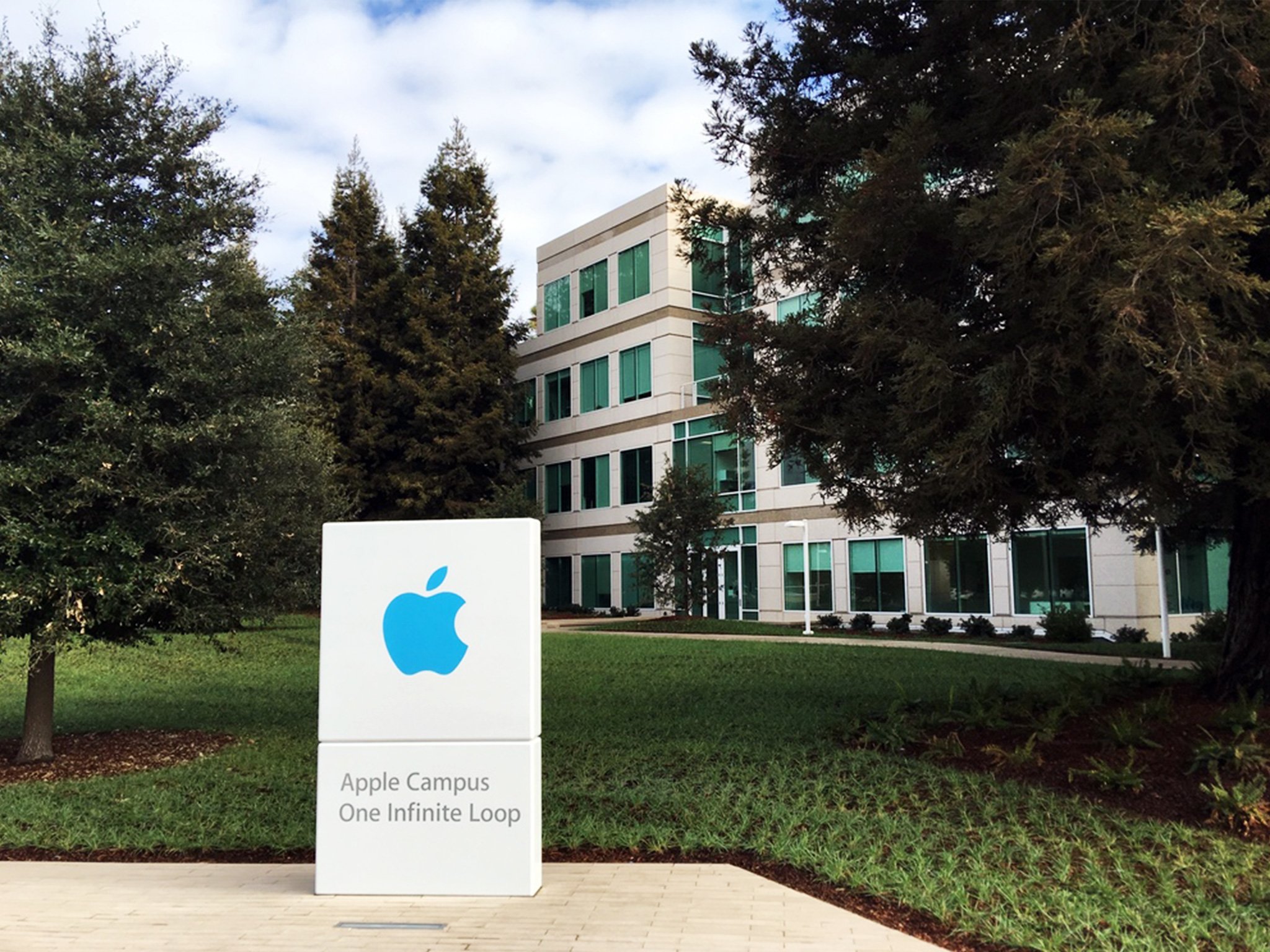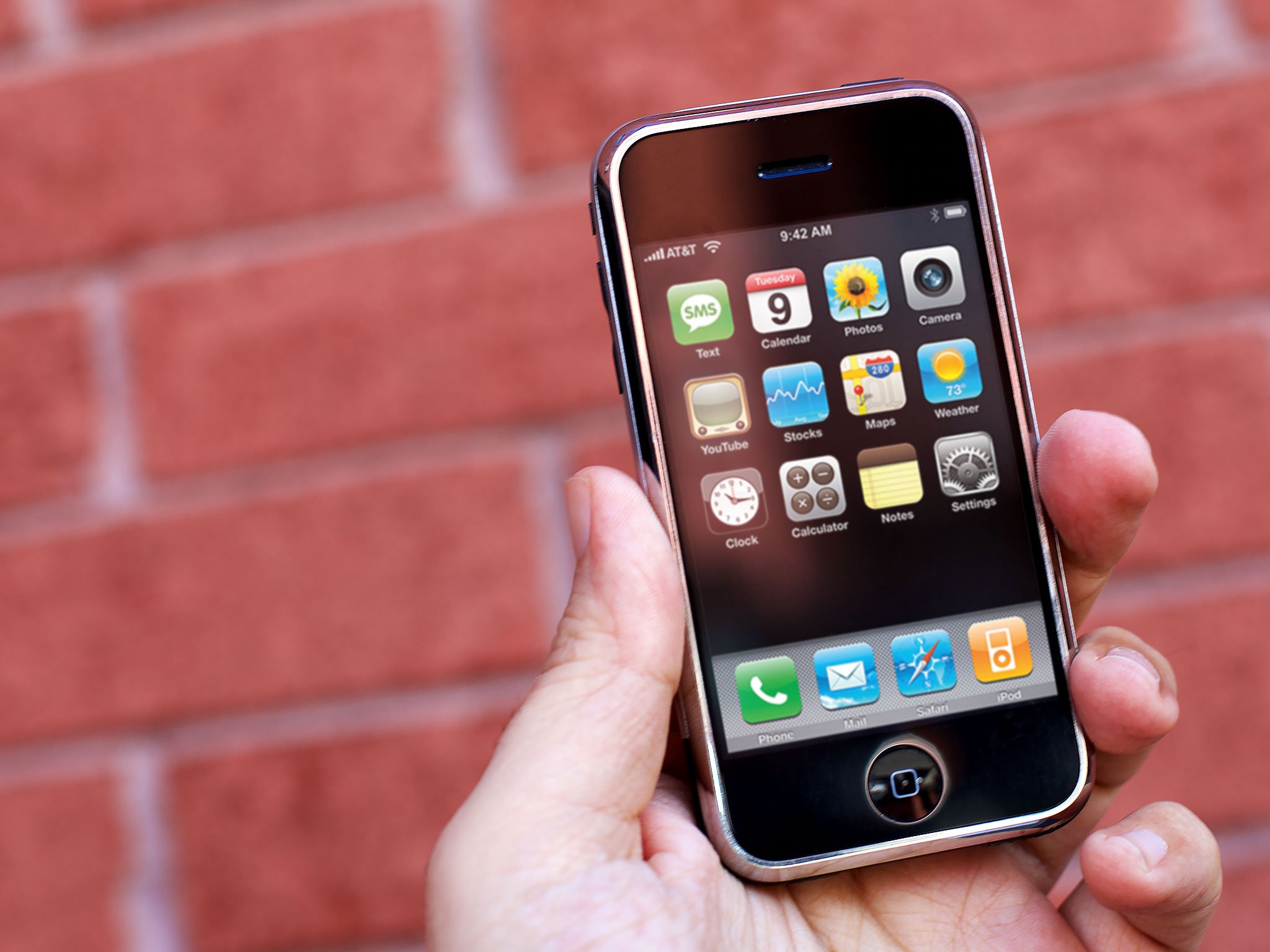Can a car drive the future of Apple culture and technology?

A lot of the current discussion around Project Titan—the presumed Apple Car—focuses on the car itself as a product and what it may or may not mean for Apple's future growth. As I've said before, I find those to be among the least interesting questions. What's endlessly more fascinating to me is what Apple Car—or, if it ships, whatever it ends up being—means for Apple as a culture and how it sets up Apple's technology stack for the future.
Minimal delightful product

Project Purple, the codename of the project that became the iPhone, was ridiculously secretive. Human interface designers and software engineers were recruited internally and Steve Jobs had to personally sign off on every new disclosure.
With iPhone, and eventually iPad, though, Apple was entering markets that had been around for a decade. BlackBerry, Windows Mobile, Symbian, and Palm were all established players in the phone space, as was Tablet PC in the tablet space.
That meant Apple had many years and many iterations of existing products to observe and learn from. The company could see what was working, what wasn't, where the problems and pain points were, what the solution sets and experiences could be, and ultimately where it could bring compelling value.
It was also perfect timing. Components were approaching the point where, with Apple's previous iPod experience, Mac technologies, and resources, the company could bring something to market that was more than just an amped up pager or even "smartphone"—it could make a real pocket computer.
Cellular networking was also improving to the point where mobile broadband was on the horizon, something that would give a real pocket computer a real connection to the internet — fast and always on. People knew it too, and were getting ready to move from phones to pocket computers and from voice to data.
Incumbents were, for the most part, oblivious. They focused on hardware keyboards, data compression, PC-like interfaces, and software stacks that could never scale to fit the needs of what was becoming modern mobile computing. Even new competitors like Google were initially focused on emulating what was, instead of audaciously going after what could be.
Master your iPhone in minutes
iMore offers spot-on advice and guidance from our team of experts, with decades of Apple device experience to lean on. Learn more with iMore!
That confluence of technology and opportunity, combined with Apple's existing expertise and vision for the future, resulted in iPhone—the perfect product at the perfect time.
It couldn't do everything existing smartphones could do, but it could do specific things that delighted customers and made it compelling. As capabilities and availability expanded, and prices lowered thanks to subsidies, it became the perfect storm. And, quickly, one of the most valuable businesses on earth.
Apple Watch was different.
Chronological complexity

Gizmo, the codename for Apple Watch, was largely secretive as well. It was also based on iPhone technologies even more than iPhone was based on Mac and iPod technologies. But significant smartwatches hadn't been on the market anywhere approaching a decade by the time Apple decided to make its entrance.
That meant there was less opportunity to learn from others, identify the problems that needed solving, and present Apple-like solutions to them. Instead, Apple entered early and became part of the smartwatch experiment, having to guess at the features customers would find compelling and learn and adjust publicly, alongside everyone else.
Incumbents weren't oblivious either. In the case of some, like Pebble, they simply lacked a smartphone platform of their own and the resources to really compete on components, software, and services. In the case of Google, even though the go-to-market strategy was and is very different, the company wasn't wasting time emulating the past but clearly gunning for the future.
Moreover, traditional watches still hold an appeal traditional feature phones never did. Some people just don't want a smart watch, they want a watch watch. Unitaskers are also still on the rise, rather than being on the decline the way feature phones and pagers were. Some people just want a Fitbit and nothing more.
The Apple Watch has been, by any realistic measure, a success for Apple. One year in and it's likely the most successful wearable device to date.
But it didn't hit that minimal delightful product spot. It didn't do less compellingly—it does more at the expense of clarity.
Like with iPhone distribution and initial cost of entry, Apple can tweak Watch going forward. It's also possible some combination of miniaturization and interface improvement could lead to even bigger success in the future, though it's unlikely the computer on the wrist will supplant the one in the pocket to the extent the one in the pocket supplanted the one on the desk, at least any time soon.
That brings us back to Titan.
Faster horses
Unlike iPhone and, to some extent, Apple Watch, the car project is being talked about years before it's expected launch. Even the codename Project Titan is widely used in the media. That's likely due to scale. Building a car is simply a bigger, "louder" endeavor than building a phone or watch.
Apple seems to be treating it very differently as well. Instead of locking Titan down on campus like Purple was, it's reportedly locked down in Sunnyvale. Instead of keeping the team strictly internal, Apple's been broadly recruiting talent.
On campus, using Apple engineers, even though iPhone and Watch are distinct products, they're also distinctly Apple products. Off campus, using Apple engineers and new blood, what kind of product could an Apple Car turn out to be? On campus, using existing codebases, iOS, watchOS, and tvOS are effectively all branches of the same tree. Off campus, what kind of product could "carOS" turn out to be?
The timing is good. People do seem ready to start moving from fossil fuel to electric cars, and from manual driving to some increasing levels of automation. Competitively, there are decades of traditional automakers to draw problem sets from. If Apple's plans focus on electric vehicles, though, that's a much shorter window and pool. And few of them are oblivious incumbents.
Tesla is already on the market and already working towards its first mainstream electric vehicle. Google has been running self-driving car tests for years. Uber is rumored to be working on something as well. Amazon could conceivably field a Fire Car (discount if you agree to deliver packages as you go?). And who knows what Facebook could or would do.
That's potentially a much more competitive market than smartphones and watches were at launch. What Apple lacks in terms of an open field, the company could make up for with experience and ecosystem. It's simply a different dynamic, and different set of problems, to solve for.
The exciting thing is that Apple seems to be using it as an opportunity to solve different as well. If that's true, then Titan might not just be about a future product or future revenue stream, but about the future of Apple as a company and culture, and the future of Apple technologies as well.
Everything from the focus on privacy and security, to MacBook hardware, to watchOS and tvOS spun out of iPhone and iOS. It's defined the last ten years of Apple. What, then, could spin out of Apple Car and "carOS", both in terms of culture and technology? What could define the next ten?

Rene Ritchie is one of the most respected Apple analysts in the business, reaching a combined audience of over 40 million readers a month. His YouTube channel, Vector, has over 90 thousand subscribers and 14 million views and his podcasts, including Debug, have been downloaded over 20 million times. He also regularly co-hosts MacBreak Weekly for the TWiT network and co-hosted CES Live! and Talk Mobile. Based in Montreal, Rene is a former director of product marketing, web developer, and graphic designer. He's authored several books and appeared on numerous television and radio segments to discuss Apple and the technology industry. When not working, he likes to cook, grapple, and spend time with his friends and family.
